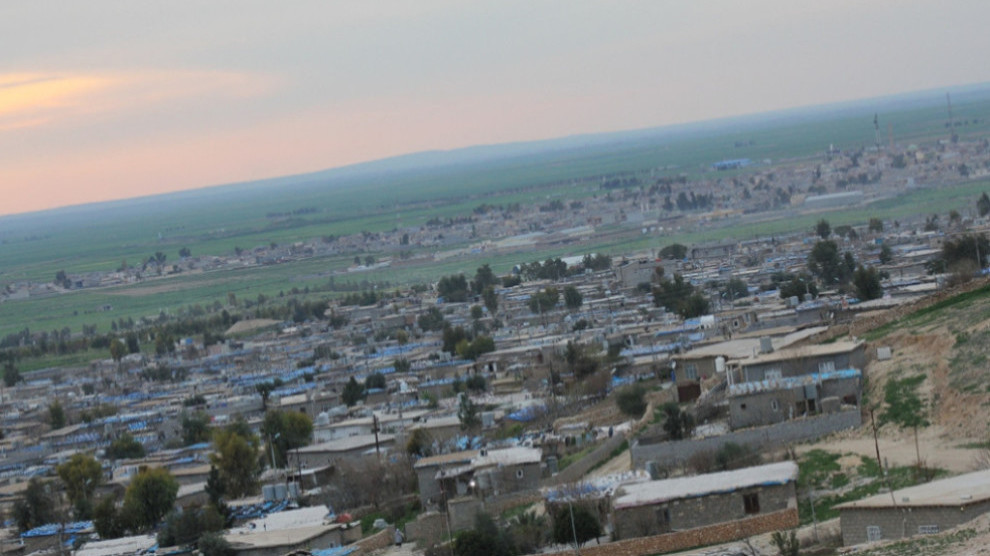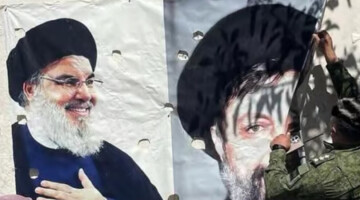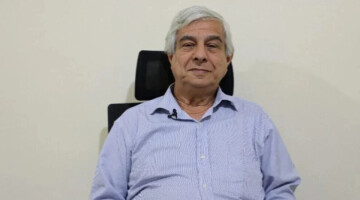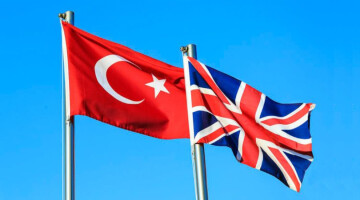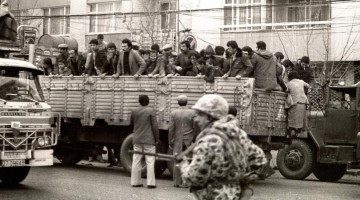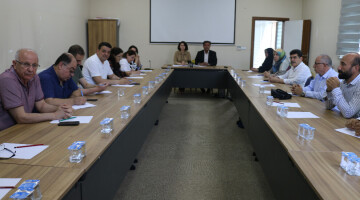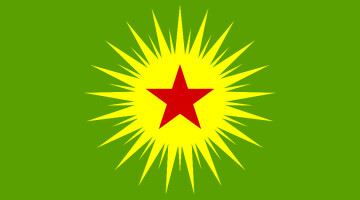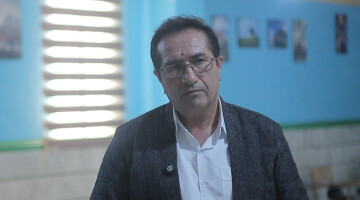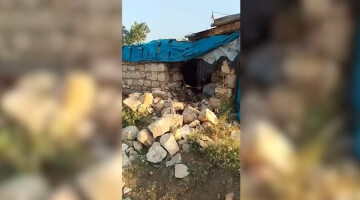Makhmour Camp Council released a statement addressing to the KRG, Iraqi Government, UNHCR and public calling for an end to the restrictions and repression on Makhmour Refugee Camp.
The statement by the Council reads as follows:
“Security forces of the Kurdistan Regional Government (KRG) in Erbil have arbitrarily imposed restrictions on movement for the residents of Makhmour Refugee Camp since mid-July 2019. The residents of the camp, which has a population of 12 thousand, are not allowed to cross the checkpoint between Makhmour and Erbil and thus enter the city of Erbil. The town of Makhmour is located 60 kilometers southwest of Erbil. Before the restrictions hundreds of residents used to travel to Erbil on a daily basis to work, for medical treatment and to supply their needs. Beside this, hundreds of our residents study at the universities in Erbil.
The security forces of the KRG are justifying the restrictions on movement for our residents with the killing of a Turkish agent in Erbil on July 17. Two days after this incident Turkish warplanes shelled the camp, whose residents are ethnic Kurds with Turkish citizenship that fled their homes in the 1990s because of forced displacement by the Turkish military. As a result of the bombing 2 residents got injured.
Due to protest by the local and international civil society and human rights organisations, Dr. Dindar Zebari, KRG Coordinator for International Advocacy, has issued a statement on the restrictions on movement for the residents of our camp. In his written statement Dr. Zebari claims that the restriction was only “slightly” and “temporarily” and that “the new measures did not include those who have jobs, students, or those seeking treatment in Kurdistan Region hospitals considering that they have approval documents”.
This statement clearly does not correspond to the true situation. On July 19, our resident named Fatma Kara, who was 6 months pregnant, had a miscarriage because security forces denied her access to hospital. On August 3, our resident named Newroz Ahmed had a miscarriage for the same reason. Although they had referrals from Makhmour hospital the security forces did not let them cross the checkpoint and reach the hospital in Erbil, saying they had clear instructions not to let any resident of the camp pass. 5 months old ill baby Zeryan Bulut lost its life on October 2 because of denied medical treatment.
Representatives of the Peace Mothers Initiative and the camp’s Ishtar Women’s Council have protested with a 27-days sit-in from September 1 to September 27 against the arbitrarily imposed restrictions on movement in front of the KDP-checkpoint on the road between Makhmour and Erbil.
Students that study in Erbil only were allowed entrance to the city after great efforts made by our council. But a high number of starters, who were not able to register themselves, have lost a year. Beside this those, who need to stay in student residences are forces by local asayish security forces to sign an ensurement stating that they will not join any political activities, protest actions or visit offices of oppositional Kurdish forces etc. This means that their right to political activity and organization is denied. This is tantamount to blackmail.
Because of the restrictions countless people lost their jobs. At the moment, nearly five months after the beginning of the restrictions only those people that are able to document their employment can enter the city of Erbil. Those, who already lost their job, are not able to ask for work. As a result the financial situation of many residents deteriorated and is continually worsening.
Fearing deny of return, many people who live in Erbil and other cities and have relatives in the camp are not able to visit them.
Those in need of medical treatment are forced to get an additional document stamped by the district governor, stating this person is allowed to go to a hospital in Erbil. Many times the security forces at the checkpoint do not find referrals by doctors and the district governor, who is not in a position to decide on health issues, sufficient and force the people to go to the local security (asayish) police in Debeka and get a stamped document from there. If the asayish in Debeka denies, people are not able to reach the checkpoint from where to enter Erbil. Many people are arbitrarily denied entering Erbil for medical treatment despite referrals and documents.
Most recently Human Rights Watch (HRW) has published a report (“Kurdistan Region of Iraq: Refugees’ Movements Restricted”) on the restrictions of movement for the residents of our camp. There HRW states that the restrictions are arbitrarily. Sarah Leah Whitson, Middle East director, furthermore expressed that “Authorities can’t just punish everyone in a camp because some people may be sympathetic to the PKK when there’s no evidence they committed a crime. These arbitrary restrictions on camp residents are keeping them from reaching jobs and health care.”
In summer 2014, the Makhmour Refugee Camp got attacked by ISIS. By evacuating the majority of the residents and with help from the PKK guerrillas and KRG peshmerga fighters it was possible to liberate our camp from ISIS. But since then neither UNHCR, who registered our site as a refugee camp, nor Iraqi and KRG authorities fulfill their obligations. The assertions by the KRG Coordinator for International Advocacy concerning “unofficial military offices inside and around the camp to run the camp” are not true. The same applies to the claim “the present military groups did not allow the return of any organisations or elected local government entities to do people’s daily administrative work and provide basic services”. Rather we have asked many times both, the representatives of UNHCR and the KRG to return to the camp and provide services. Following the referendum for independency in KRG, after October 16, 2017 the Iraqi government restored its governance in disputed areas (including Makhmour) between the Kurdistan Regional Government and the Iraqi Central Government. Since then our camp administration is in contact with the Iraqi Ministry of Displacement and Migration. Because Makhmour district is a disputed territory political conflicts between the KRG and Baghdad many times effect our camp.
The Makhmour Refugee Camp provided an example in democratic governance. Especially at a time when refugees are associated with crisis. Our camp is self-administered. All bodies are democratically elected and guarantee the equal representation and participation of women through co-chairs. The highest body is the Camp Council. Because of its model character many journalists, activists, delegations from all around the world have visited our camp, reported on it and developed common social projects.
As Makhmour Camp Council we call on the KRG to immediately stop all restrictions of movement for the residents of our camp and visitors. We call the KRG authorities to stop all kind of repression and criminalization of our residents, especially those studying and working in Erbil. We call the Iraqi Government and UNHCR to fulfill their responsibilities and duties towards our refugee camp. We call the local and international public to continue to show support to our demands by putting pressure on the political authorities.”
RELATED NEWS:

